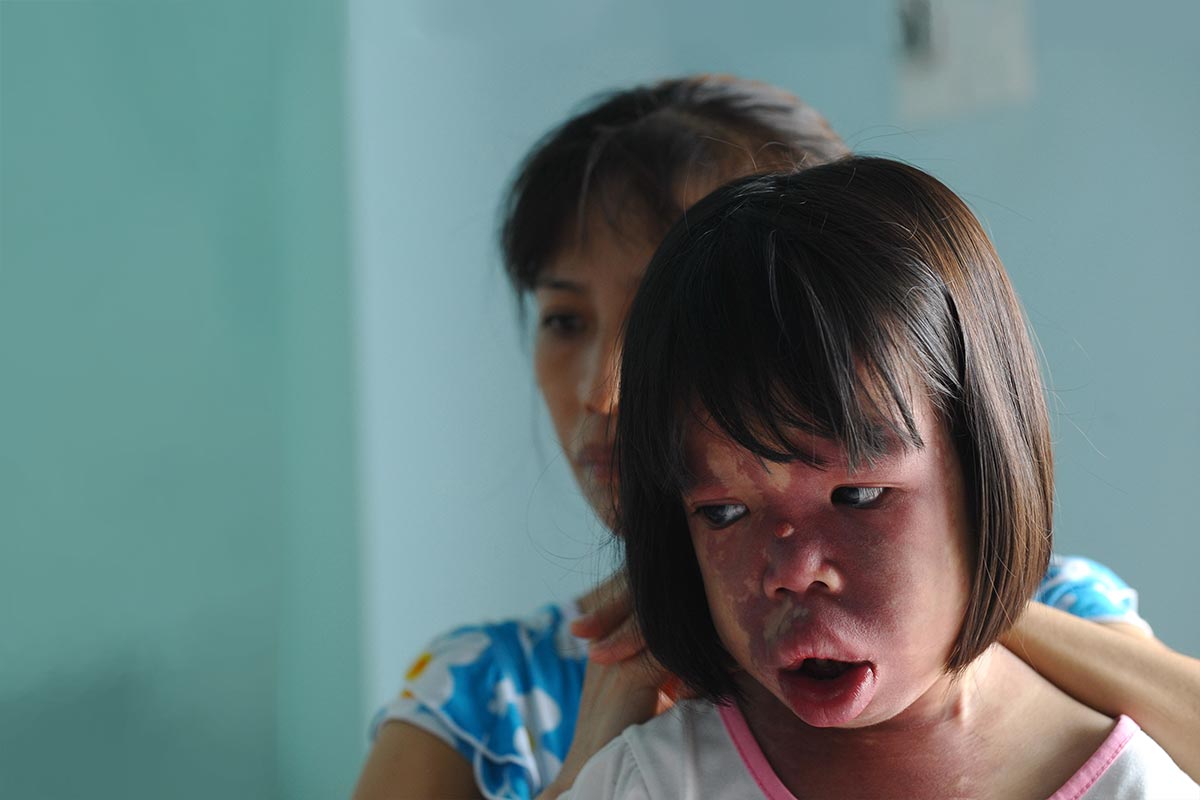Earlier this month, the Superior Court of California in San Francisco awarded Dewayne Johnson US$250 million in punitive damages and about US$39 million in compensatory damages against American chemical company Monsanto after ruling that its famous herbicide Roundup gave the former school groundskeeper terminal cancer. During the trial, the jury heard evidence on how Monsanto deliberately withheld information about the cancer-causing effects of Roundup from the public for decades.
Johnson, 46, was responsible for mixing and spraying hundreds of gallons of Monsanto’s glyphosate-based product line and applied the herbicide 20 to 30 times per year. He was diagnosed in 2014 with non-Hodgkin's lymphoma. The disease means that Johnson can sometimes be too crippled to speak while 80 percent of his body is covered with lesions. Monsanto issued a statement on their decision to appeal following the verdict, vigorously defending Roundup and the studies that refute its links to cancer.
While the award may be of little comfort to Johnson as doctors have given him only six months to live, the victory has set a precedence, opening the way for a deluge of cases with similar claims that Monsanto's Roundup causes non-Hodgkin's lymphoma. The Dewayne Johnson v. Monsanto case is the first Roundup cancer lawsuit to proceed to trial. Currently, there are more than 5,000 similar cases in the United States (US), 450 of which are in California. Plaintiffs include cancer patients, spouses of cancer patients or their estates.
Roundup is one of the most popular herbicides in the world and generates about US$4 billion in annual revenue for the company. The German pharmaceuticals and chemical company, Bayer, acquired Monsanto in a US$62.5 billion deal in June. Following the acquisition, Bayer’s shares plunged 11 percent as investors feared costly legal actions from the thousands of cases against Roundup waiting to be heard. The verdict in the Dewayne Johnson v. Monsanto case could still be reversed by a higher court.
Jumping on the bandwagon
With the precedence, the Vietnamese government through its Foreign Ministry has renewed its demand that Monsanto and other US companies involved in the production of Agent Orange should pay compensation to victims in the country. Agent Orange is a herbicide and defoliant that was used by the US military under a mission codenamed ‘Operation Ranch Hand’ which was meant to eliminate forest cover used by the North Vietnamese forces and Viet Cong troops to conceal their movements. Agent Orange also killed crops grown to feed both, military forces and the local population.
More than 80 million litres of various herbicides were sprayed over Vietnam, Cambodia and Lao from 1961 to 1971 for these reasons, with Agent Orange being the most commonly used. Around three million Vietnamese were estimated to have been exposed to Agent Orange during the conflict and occupation by US forces.
Agent Orange contains the deadly chemical dioxin, which has since been proven to cause cancer, birth defects, severe psychological and neurological problems, and rashes. The effects of Agent Orange have also been allegedly passed down to the next generation of Vietnamese, manifesting as deformities carried through gene mutations. In areas that were the stronghold of the US military, vegetation remains stunted until today.

Source: Various sources
A spokesperson for the Vietnamese Foreign Ministry, Nguyen Phuong Tra, said that the Dewayne Johnson v. Monsanto case was a precedent that dismisses previous arguments that herbicides supplied to the US military by Monsanto and other American chemical companies during the Vietnam War were not harmful to people’s health.
“We believe Monsanto should be held responsible for compensating Vietnamese victims of Agent Orange for the damages caused by the company’s herbicides,” he stressed.
Previously, a group of Vietnamese citizens filed a class-action lawsuit against more than 30 chemical companies involved in the making of Agent Orange which was used to douse Vietnamese soil in 2004. However, their suit and final appeal was dismissed in March 2005 and 2008, respectively. In a similar case involving US military veterans or their next of kin, an out-of-court settlement between seven large chemical companies and US military veterans or their next of kin saw US$180 million being awarded in compensation.
The impacts of using Agent Orange during the Vietnam war is seen and felt even today. The damage is undeniable and Agents Orange’s victims in Vietnam number in the millions. Johnson’s victory proves that legal justice is sometimes possible and should serve as a sign of hope for Vietnam’s suffering victims.
Related Articles:
Drones: Reviving the agro-industry
The widespread impact of cancer on Southeast Asia
